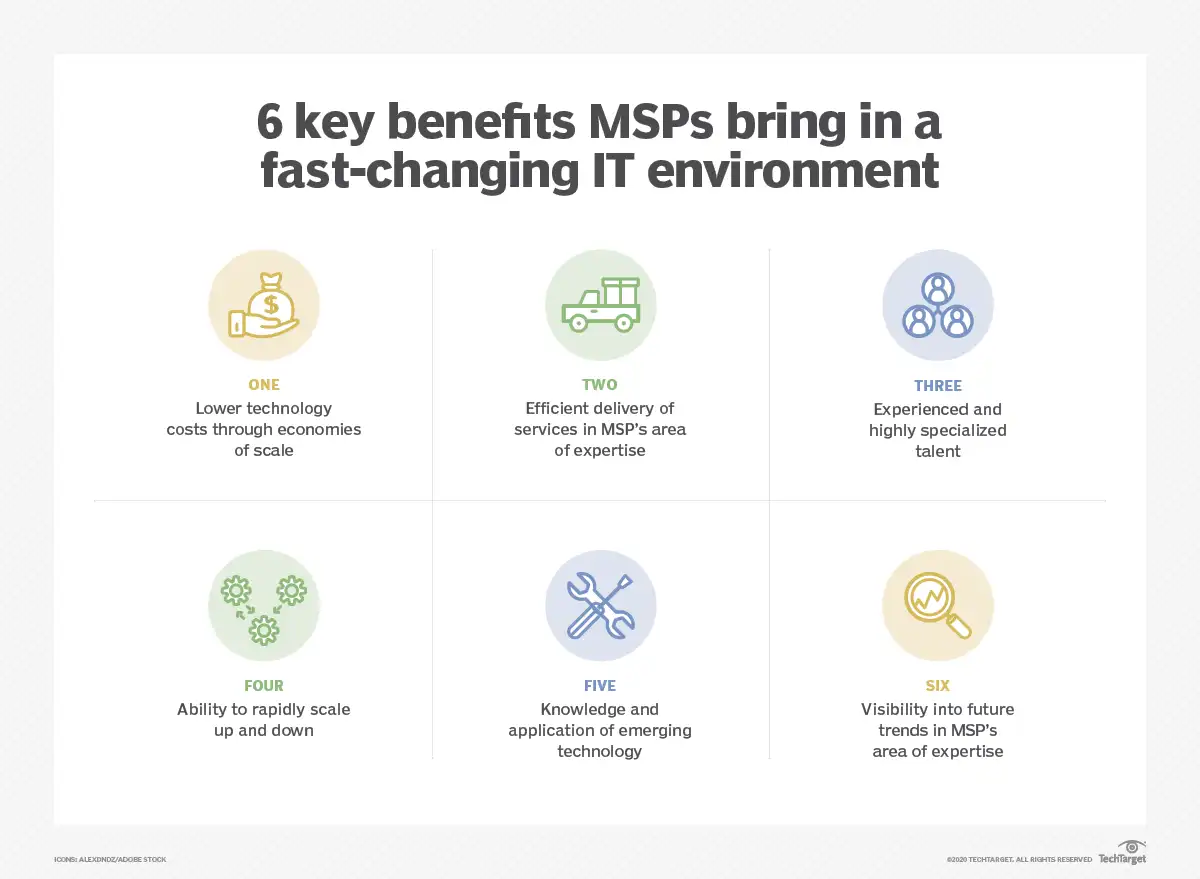When you’re relying on external IT support to keep your business running smoothly, choosing the right service model can make all the difference.
As Nahjee Maybin, CEO of Kenyatta Computer Services, says “Choosing the right IT support model is critical; it not only optimizes operations but also strategically drives business growth”
According to a report by MarketsandMarkets, the managed services market is projected to grow from $275.5 billion in 2023 to $372.6 billion by 2028, at a Compound Annual Growth Rate (CAGR) of 8.1% during the forecast period. This growth underscores the increasing reliance on managed services as businesses recognize the efficiency and scalability benefits these services offer over traditional, project-based professional services.
The confusion between managed services vs professional services often leads businesses to make ill-informed decisions, potentially resulting in inefficiencies and unmet expectations.
Understanding the distinct benefits and limitations of each can help align your IT strategy with your business goals effectively.
Defining the Services: Managed Services vs Professional Services
Managed Services
Managed services refer to the ongoing management and maintenance of an organization’s IT infrastructure and end-user systems by a third-party provider, known as a Managed Services Provider (MSP).
They offer several benefits and are designed for companies looking for day-to-day maintenance and ongoing management of their IT needs.
Managed services includes network monitoring, data backups, security services, and software updates, which are crucial for maintaining the operational integrity of businesses.
Key features include:
- Ongoing management: Consistent oversight of IT operations ensures systems are up-to-date and running smoothly.
- Response time: MSPs offer agreed-upon response times, reducing downtime and business disruptions.
- Day-to-day operation: Regular management of IT systems, from hardware troubleshooting to software updates.
Source: TechTarget
Professional Services
In contrast, professional services are project-based and focus on specific, short-term projects that require specialized expertise. These services are typically utilized for scope of work such as system implementations, hardware or software deployment, and technology upgrades.
The professional services team may work on a consultancy basis, solving a specific challenge that requires in-depth expertise on a temporary basis.
Key features include:
- Project-based: Aimed at specific business requirements that are typically outside the scope of regular IT management.
- Scope of work: Clearly defined objectives and timelines focused on delivering a particular project or solving a particular problem.
- Expertise: Access to specialized skills and knowledge that may not be available in-house.
Comparing Managed Services vs Professional Services
When weighing managed services vs. professional services, the key lies in understanding their distinct roles within an organization’s IT strategy.
1. Scope and Duration
Managed services: They are characterized by their long-term commitment and ongoing support, essential for daily maintenance.
Professional services: They are, by nature, temporary and highly specialized, focusing on individual projects with a definitive end.
2. Business Impact
Managed services: They ensure stability and reliability, offering ongoing management that helps prevent IT issues before they become disruptive.
Professional services: They offer targeted expertise to address complex challenges, facilitating transitions or upgrades that require niche skills.
3. Cost Implications
Managed services: Involve a consistent, subscription-based cost which can be easier to budget for as it spreads the IT expenditure over time. Research is proof that managed services can reduce your recurring in-house costs by up to 40%, and increase efficiency by 50 to 60%
Professional services: They can vary in cost based on the project scope and duration, which might lead to higher upfront expenses but limited to the project’s length.
You Don’t Have to Struggle With Your IT Problems!
Kenyatta offers clear, streamlined solutions for complex IT landscapes.
4. Flexibility and Scalability
Managed Services: Provide a high degree of flexibility and scalability. As a business grows or experiences fluctuations in demand, managed services can be adjusted to accommodate changing needs without requiring significant structural changes.
Professional Services: While they offer specific expertise, professional services are less flexible once a project has commenced. Changes to the project scope or objectives can result in additional costs and delays, making it less scalable and adaptable in response to business growth or unexpected changes.
5. Relationship and Interaction
Managed Services: Typically involve a long-term relationship with the service provider, fostering a deep understanding of the business’s IT environment and needs. This ongoing relationship helps in crafting personalized strategies that evolve over time, ensuring alignment with the business’s long-term objectives.
Professional Services: The interaction is often limited to the project’s duration, focusing on short-term goals. This can mean less time for developing in-depth, personalized knowledge of a client’s broader business challenges outside of the specific project scope.
6. Expertise and Focus
Managed Services: MSPs generally provide a broad range of services and expertise that cover many aspects of IT management, from basic support to strategic planning. This broad focus is designed to handle general and varied IT needs on an ongoing basis.
Professional Services: Focus on delivering highly-specialized expertise that might not be available in-house. The services are tailored to specific projects such as data migration, system integration, or custom software development, providing deep but narrow expertise.
7. Risk Management
Managed Services: Play a crucial role in risk management by maintaining regular updates, patches, and proactive monitoring, thus mitigating potential security risks and ensuring compliance with relevant regulations.
Professional Services: While they handle risks related to the specific project, such as during a system upgrade or implementation, their role in broader, long-term risk management is limited. Their involvement ends with the project. Hence ongoing risk management needs to be handled separately.
8. Accountability
Managed Services: MSPs are accountable for the continuous performance and health of your IT systems. They typically offer service level agreements (SLAs) that guarantee uptime, performance standards, and timely response to issues.
Professional Services: Accountability is project-specific and is typically bound by the project’s success metrics, timeline, and budget. Once the project is completed, the professional services firm’s accountability generally concludes, unless further engagements are negotiated.
Optimal Use Cases for Managed Services vs Professional Services
| Industry/Sector | Managed Services Use Cases | Professional Services Use Cases |
| Technology | Continuous software and hardware support | Custom software development projects |
| Healthcare | HIPAA-compliant data management and security | Implementation of new patient management systems |
| Finance | Ongoing compliance monitoring and cybersecurity | Integration of new financial software or platforms |
| Retail | POS system management and network security | E-commerce platform setup and customization |
| Manufacturing | IoT device management and network optimization | ERP system upgrades and migration |
| Education | On-campus technology infrastructure management | Deployment of learning management systems (LMS) |
| Government | Secure data processing and storage solutions | Short-term IT consultations for digital initiatives |
| Non-Profit | Cost-effective IT support and maintenance | Database customization and report generation |
Choosing the Right Service for Your Business
Deciding between managed services vs professional services depends largely on your organizational needs. If your business requires continuous IT support and wants to minimize system downtime, a managed services provider (MSP) might be the right choice.
On the other hand, professional services would be more appropriate if you’re facing a specific challenge that requires expert intervention without the need for long-term engagement.
| More resources you might like: |
End Your IT Worries with Kenyatta Computer Services
On the lookout for an expert managed services provider? Kenyatta Computer Services is the best choice. With over 33 years of experience and a collective 100 years of expertise, we offers unparalleled reliability and innovation in managed IT solutions.
| Discover Trusted Managed IT Services in Denver, Colorado |
Partner with us to ensure your IT infrastructure is not just maintained but optimized and future-proof. Contact us today for a free consultation and experience the gold standard in managed services.



